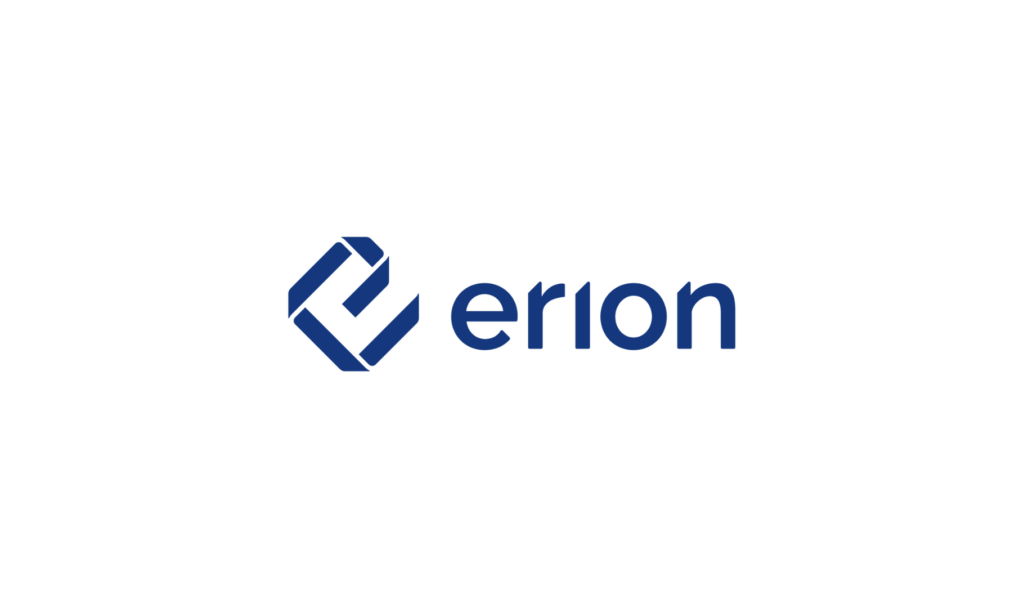Brought to you by Andrea Giacomelli from Erion

Erion plays a strategic role in the FutuRaM project as a partner, contributing its extensive experience in Waste Electrical and Electronic Equipment (WEEE) management. Its involvement is important for providing industrial data, conducting material testing, and supporting dissemination efforts. By leveraging its network of recycling operators, Erion enhances the project’s ability to assess the availability and recoverability of secondary raw materials (SRM), particularly critical raw materials (CRM), from WEEE streams.
Industrial data
One of Erion’s key contributions is the provision of industrial data. Thanks to its strong connections with recycling facilities and compliance schemes, Erion supplies valuable information on the composition and flows of WEEE, allowing the project to improve the accuracy of SRM assessments. This data is essential for refining methodologies to estimate the presence of recoverable materials and to establish a knowledge base that informs decision-making at the European level. The integration of real-world industrial data ensures that the FutuRaM project considers practical applications and effectively combines these with its theoretical models.
Batch testing
In addition to data provision, Erion is conducting batch testing on WEEE at treatment plants. These tests are designed to evaluate the material composition of WEEE waste streams, focusing on identifying high-value fractions that contain critical raw materials to be inserted in the model that will be developed in the project. Understanding the distribution of valuable materials within WEEE streams is crucial for improving separation techniques, enhancing recycling yields, and supporting the circular economy model.
This supports the project’s overarching goal of establishing standardised recovery methodologies that can be applied across Europe. By implementing these improvements, Erion contributes to making WEEE recycling more sustainable and economically viable, reducing dependence on primary raw materials and supporting EU objectives for resource independence.
Dissemination
Beyond its technical role, Erion is also involved in disseminating project results and engaging with industry stakeholders. Given its established position in the recycling sector, Erion acts as a bridge between research and industry, ensuring that the insights generated by FutuRaM reach recyclers, policymakers, and manufacturers. Thanks to its presence, Erion helps translate project findings into actionable strategies for improving WEEE recycling practices. Its involvement ensures that the knowledge developed within FutuRaM is actively applied within the industry.
Through its data contributions, material testing, and stakeholder engagement, Erion strengthens the practical applicability of the FutuRaM project. By ensuring that real-world industry perspectives are integrated into the research, it helps develop solutions that are both scientifically robust and operationally feasible.
UNFC
Moreover, Erion contributes also to the definition and application of the United Nations Framework Classification for Resources (UNFC) within the FutuRaM project by developing a national case study in Italy about WEEE: applying a classification system that was traditionally used for primary raw materials to urban mining and circular economy processes represents an innovation developed by the project. Thanks to the application of the UNFC, Erion will be able to assess national recovery projects for Secondary Raw Materials from WEEE that will be evaluated under technical, socio-environmental, and economic factors influencing material recovery.
